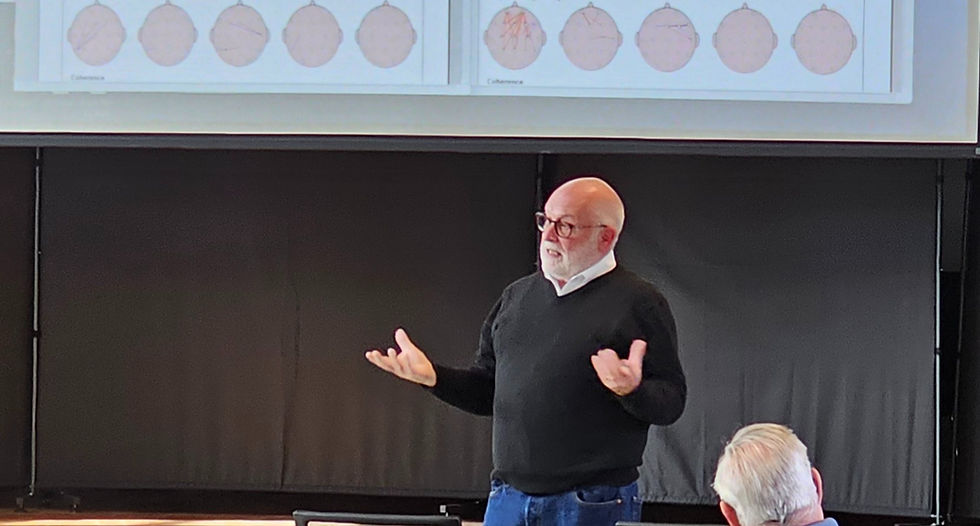THE DIFFERENCE BETWEEN WANTING AND NEEDING RECOVERY and why together, both are important
- Lisa Ferguson
- Oct 25, 2025
- 3 min read
That’s a profound distinction, and it can be transformative when I begin to feel it in my bones rather than just hear it as a concept. Here’s a way to frame it:
🌱 Wanting Recovery
When I want recovery, I want what I want. I’m driven by desire. I see only the benefits of recovery both the internal ones of liking myself, feeling proud of myself and of having someone to share it with who’s not disappointed in me. I forget the bad parts.
I’m probably future tripping. I’m oriented in the future and not really fully present: Motivated by hope, vision, or inspiration to have better relationships, stability, self-respect actually can distract you from being fully present which is actually how you get these sometimes elusive, “better” relationships. Sounds like the loop of Catch-22.
Makes me feel like the energizer bunny. That ‘manic-y’ actually takes me away from feeling bad temporarily. After being sober for a day or two, I recognize that being a little ‘manic’ is a warning sign for me. I back up and return to what is making me feel manic. That place is where I start when I need to change something in my life. A Distracted Life can feel like well, there is something to pursue when and if convenient. Or when life is calm enough because if I’m thinking that being manic- then I’m not accepting my life, now, am I?
Wanting isn’t needing recovery so I’m fragile in my motivation. When stress, cravings, or old patterns return, “wanting it” alone may not hold. Wanting to live in a house isn’t going to pay my mortgage or rent. I need to physically work. No one will receive my “want” brainwaves and give me a house.
🔑 Needing Recovery
Survival-driven: “I need this because without it, I lose everything. I better get to a meeting, call my sponsor and remind myself that I can’t do it in my head. I need to be reminded how bad it was, how bad I was. I also need to be reminded how much I enjoy being with my sober friends. After all, my middle name is isolation.
Present-tense urgency: It’s not about someday—it’s about right now. I can stop future tripping and stay here because I am safe and coherent and present here and all of those things are good things. I’m not safe because of you, I’m safe because it’s alright to be me, plain me, no matter what.
Non-negotiable: Like oxygen, food, or shelter, recovery becomes a condition of life itself. It is where I feel safe. It is with a clear mind (that I developed with sober friends) that I measure my values now that I’m sober. I don’t use excuses any more, I own my life with all its wobbles and wins. I ‘fess up ASAP or I become grateful that life is working my way.
Resilient motivation: Even when it’s hard, the recognition of need creates a deeper commitment. I recognize now that I both want and need to be a human human with other human humans because it makes me feel fully alive, fully present, which is my definition of being sober.
🧩Exercises
Metaphor exercise: Ask yourself to imagine recovery as water. Wanting water is about thirst; needing water is about survival. Which one feels closer to your truth today?
Journaling prompt: “If I only want recovery, what risks do I face? If I truly need recovery, how does that change my choices?”
Dialogue circle: Invite them to share moments when I shifted from wanting to needing—often it’s tied to a bottom, a loss, or a moment of clarity.
💡 A Gentle Reframe
Wanting is the spark. Needing is the fuel. Both matter—but long-term recovery usually takes root when the need is fully acknowledged, not just the want.




Comments